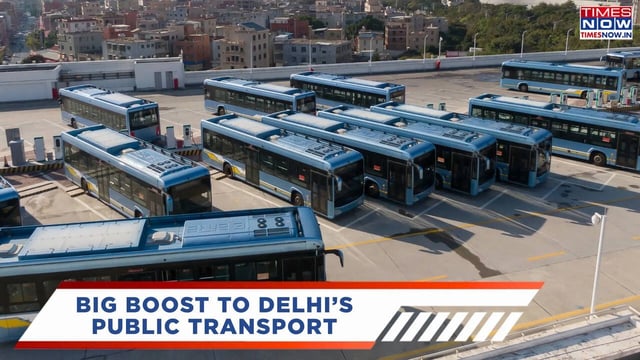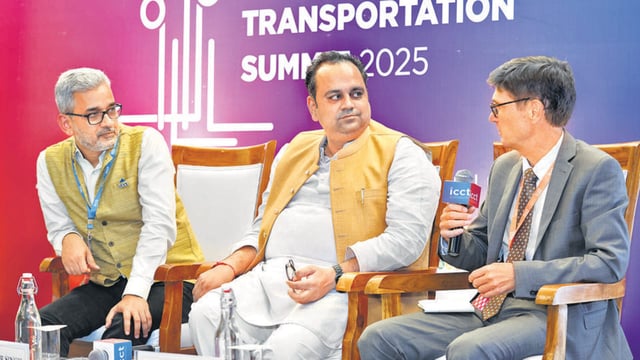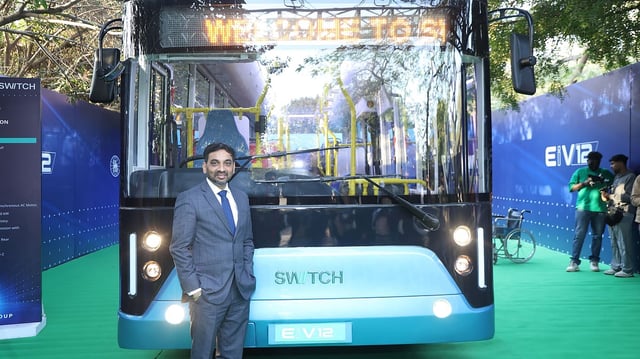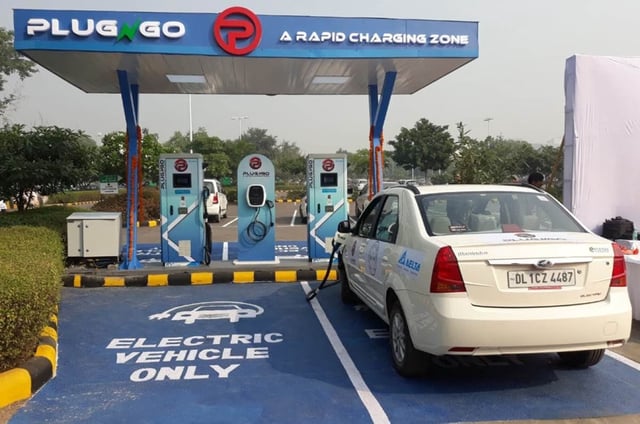Overview
- Transport minister Pankaj Kumar Singh reported about 3,400 electric buses in service, up from roughly 400 earlier this year.
- The government identified charging access as the biggest hurdle and outlined plans for points in housing societies, under flyovers, and on vacant land in outer Delhi with RWA participation and PPP models.
- Delhi’s EV policy has been extended until February, with a revised Policy 2.0 slated for release around the same time focusing on charging networks, scrappage and incentives.
- Route rationalisation guides the scale-up to avoid unnecessary fleet growth, with smaller Devi feeder buses expanding last-mile coverage to underserved areas.
- A Delhi–Oslo Smart Transport initiative will support knowledge-sharing on charging rollout, as experts caution about operational costs, grid readiness and the need for a citywide charging master plan.



